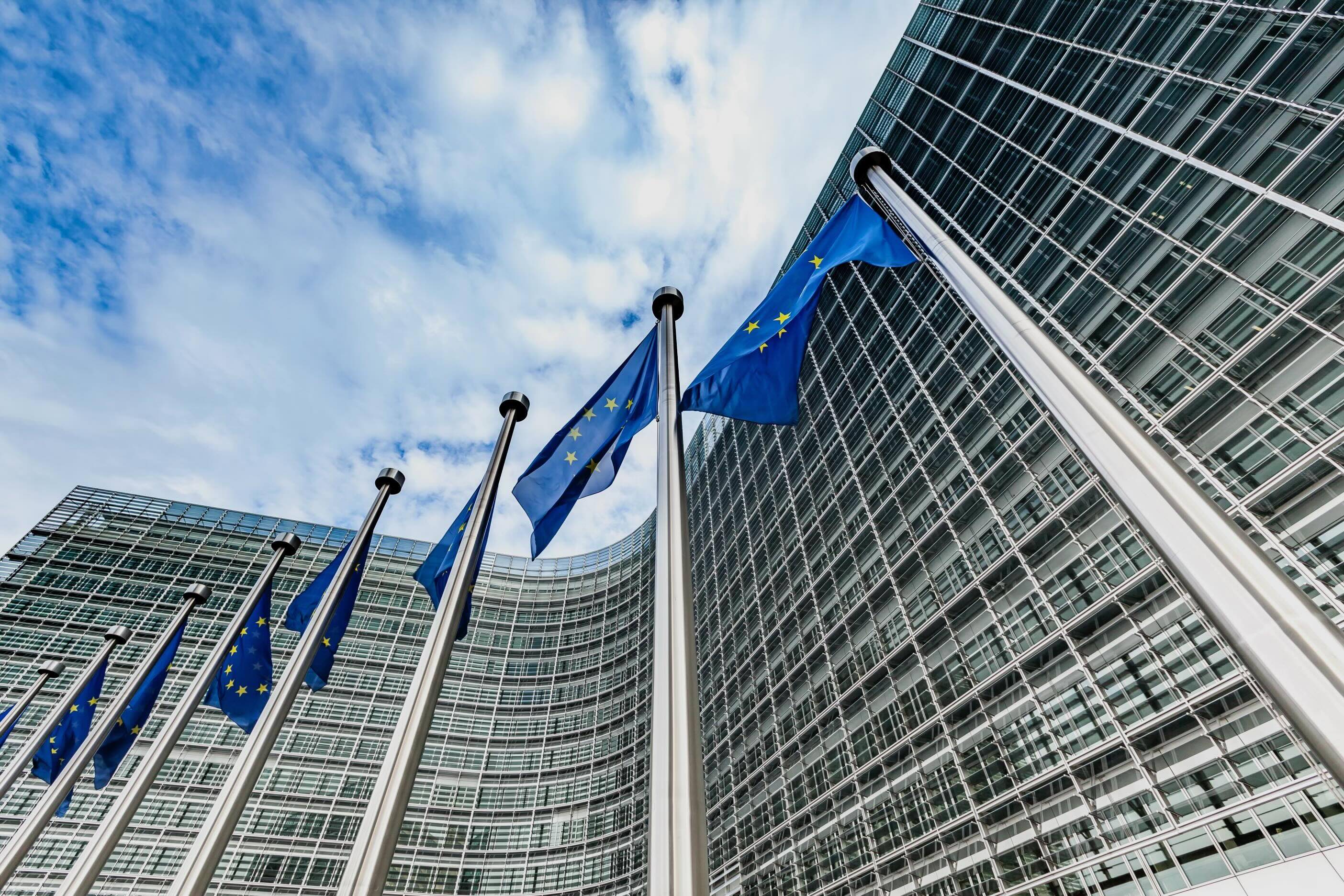Council Moves Forward on Revising EU Deforestation Law as Industry Coalition Calls for Staying on Schedule
Key Takeaways
- Council Position: EU Member States agreed on a one-year delay and streamlined due diligence rules for the EU Deforestation Regulation (EUDR), shifting main obligations to 2026–2027.
- Business Coalition Response: A coalition of major food, commodity, and civil-society organizations is urging the EU to keep the EUDR on schedule and use a six- to twelve-month grace period instead of delaying the law.
- NGO Opposition: WWF and other NGOs sharply criticized Member States’ stance, arguing that repeated postponements and simplifications risk weakening the regulation’s environmental impact.
- Due Diligence Simplification: The Council proposes that only the first operator placing products on the EU market submit due diligence statements, with downstream traders passing on the original reference number and small operators using a simplified declaration.
- Upcoming Parliament Vote: The European Parliament will vote next week on whether to fast-track the Commission’s simplification proposal, opening the door to trilogue negotiations in the coming weeks.
Deep Dive
EU governments have agreed on their starting position for revising the EU Deforestation Regulation, signaling that the legislation may not apply as early as previously planned. Member States endorsed a one-year postponement alongside several changes aimed at easing administrative pressure on companies and national authorities.
Under the mandate, the law would start applying to medium-sized and large companies on 30 December 2026, a year later than planned, while micro and small enterprises would begin complying in June 2027. The Council cites persistent concerns about technical readiness, particularly the rollout of the EU information system needed for due diligence checks.
A key part of the Council’s position focuses on streamlining the due-diligence requirements. Only the company placing a product on the EU market for the first time would submit a due diligence statement, while traders further along the chain would pass along the reference number rather than file their own declarations. Micro-enterprises and small primary operators would file only a simplified one-off statement.
Member States also asked the European Commission to review the regulation’s administrative impact by April 2026, with the option of proposing further changes if needed.
Industry Groups Push Back, Warning That Delays Will Make Things Worse
While EU governments argue the delay will give businesses more time to prepare, a broad coalition of major food, commodity, and civil-society organizations has urged policymakers not to slow the regulation down.
Companies and groups across cocoa, coffee, palm oil, rubber, timber, and other supply chains say that pushing the regulation back another year would repeat the uncertainty many experienced in 2024 and 2025. Several signatories, including Barry Callebaut, Mars Wrigley, Nestlé, Danone, Olam Agri, the Rainforest Alliance, and others, warn that ongoing debate over timelines and simplifications risks undermining investments already made to prepare for compliance.
Rather than delaying the law, the coalition favors allowing it to begin on schedule while creating a six- to twelve-month grace period in which companies must submit the required information but authorities would not issue penalties. In their view, this would give the EU time to address technical issues without disrupting market planning or compliance investments.
The coalition is also pushing for a clearer way to manage due diligence and traceability. Their proposal mirrors some of the Council’s adjustments: only the first operator placing a product on the EU market would submit the due diligence statement, while all companies would maintain internal due-diligence systems and keep supplier and customer records. Support for smallholder farmers, they note, remains a separate and ongoing priority, as many smallholders do not export directly to the EU and will still need assistance adjusting to the regulation.
WWF and Other NGOs Express Strong Opposition to Member States’ Position
WWF and other environmental organizations issued strong criticism of Member States’ decision to support another delay and further simplifications.
WWF described the Council’s stance as weakening the regulation before it has taken effect, characterizing the combination of postponements, exemptions, and procedural adjustments as creating prolonged uncertainty. The organization argued that repeated delays risk undermining the environmental purpose of the regulation and the public investment already dedicated to its implementation.
According to WWF, the EUDR was intended to set a clear standard for deforestation-free supply chains, but political negotiations have instead contributed to inconsistent timelines and a lack of clarity for businesses. WWF is urging policymakers to reaffirm their commitment to launching the regulation without further delay or dilution when Parliament considers the Commission’s proposal next week.
Parliament Now Holds the Next Move
With the Council’s mandate in place, attention now shifts to the European Parliament. MEPs will vote next week on whether to fast-track the Commission’s simplification proposal, a decision that could accelerate negotiations significantly. If the urgency procedure is approved, the file could reach the plenary floor during the 24–27 November session in Strasbourg.
The GRC Report is your premier destination for the latest in governance, risk, and compliance news. As your reliable source for comprehensive coverage, we ensure you stay informed and ready to navigate the dynamic landscape of GRC. Beyond being a news source, the GRC Report represents a thriving community of professionals who, like you, are dedicated to GRC excellence. Explore our insightful articles and breaking news, and actively participate in the conversation to enhance your GRC journey.
Sponsored by






.svg)

.svg)